Marc Van De Mieroop - Philosophy before the Greeks: The Pursuit of Truth in Ancient Babylonia
Here you can read online Marc Van De Mieroop - Philosophy before the Greeks: The Pursuit of Truth in Ancient Babylonia full text of the book (entire story) in english for free. Download pdf and epub, get meaning, cover and reviews about this ebook. year: 2015, publisher: Princeton University Press, genre: Religion. Description of the work, (preface) as well as reviews are available. Best literature library LitArk.com created for fans of good reading and offers a wide selection of genres:
Romance novel
Science fiction
Adventure
Detective
Science
History
Home and family
Prose
Art
Politics
Computer
Non-fiction
Religion
Business
Children
Humor
Choose a favorite category and find really read worthwhile books. Enjoy immersion in the world of imagination, feel the emotions of the characters or learn something new for yourself, make an fascinating discovery.
- Book:Philosophy before the Greeks: The Pursuit of Truth in Ancient Babylonia
- Author:
- Publisher:Princeton University Press
- Genre:
- Year:2015
- Rating:5 / 5
- Favourites:Add to favourites
- Your mark:
Philosophy before the Greeks: The Pursuit of Truth in Ancient Babylonia: summary, description and annotation
We offer to read an annotation, description, summary or preface (depends on what the author of the book "Philosophy before the Greeks: The Pursuit of Truth in Ancient Babylonia" wrote himself). If you haven't found the necessary information about the book — write in the comments, we will try to find it.
There is a growing recognition that philosophy isnt unique to the West, that it didnt begin only with the classical Greeks, and that Greek philosophy was influenced by Near Eastern traditions. Yet even today there is a widespread assumption that what came before the Greeks was before philosophy. In Philosophy before the Greeks, Marc Van De Mieroop, an acclaimed historian of the ancient Near East, presents a groundbreaking argument that, for three millennia before the Greeks, one Near Eastern people had a rich and sophisticated tradition of philosophy fully worthy of the name.
In the first century BC, the Greek historian Diodorus of Sicily praised the Babylonians for their devotion to philosophy. Showing the justice of Diodoruss comment, this is the first book to argue that there were Babylonian philosophers and that they studied knowledge systematically using a coherent system of logic rooted in the practices of cuneiform script. Van De Mieroop uncovers Babylonian approaches to knowledge in three areas: the study of language, which in its analysis of the written word formed the basis of all logic; the art of divination, which interpreted communications between gods and humans; and the rules of law, which confirmed that royal justice was founded on truth.
The result is an innovative intellectual history of the ancient Near Eastern world during the many centuries in which Babylonian philosophers inspired scholars throughout the region--until the first millennium BC, when the breakdown of this cosmopolitan system enabled others, including the Greeks, to develop alternative methods of philosophical reasoning.
Marc Van De Mieroop: author's other books
Who wrote Philosophy before the Greeks: The Pursuit of Truth in Ancient Babylonia? Find out the surname, the name of the author of the book and a list of all author's works by series.

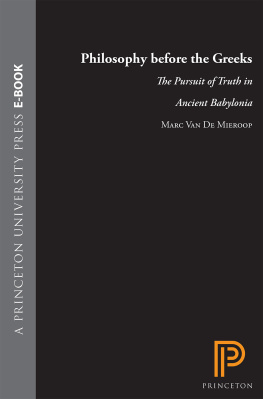
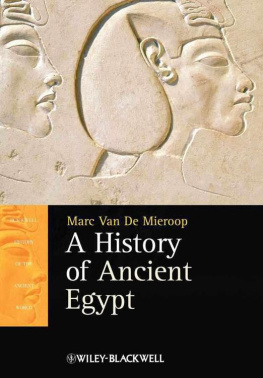
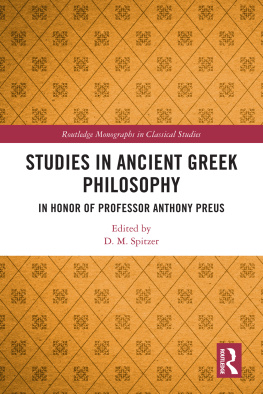

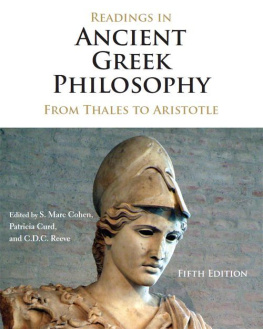
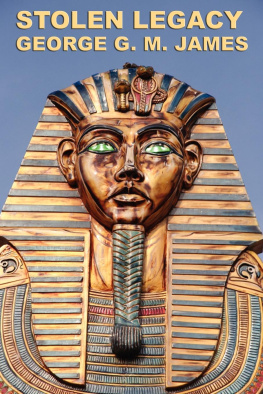

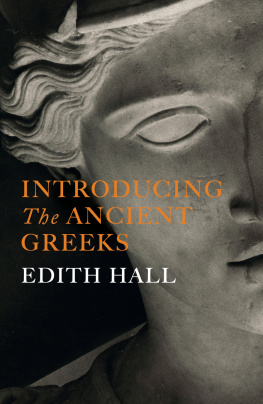
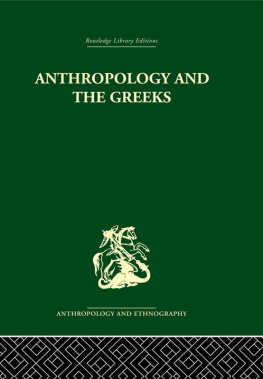
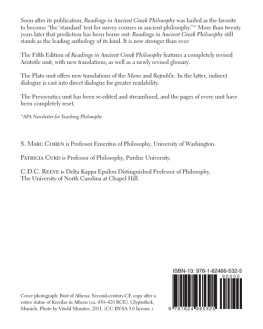
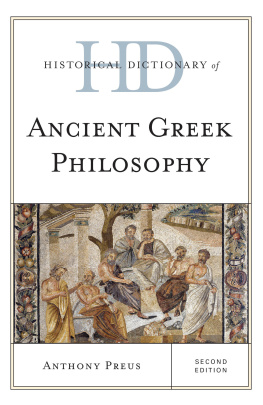


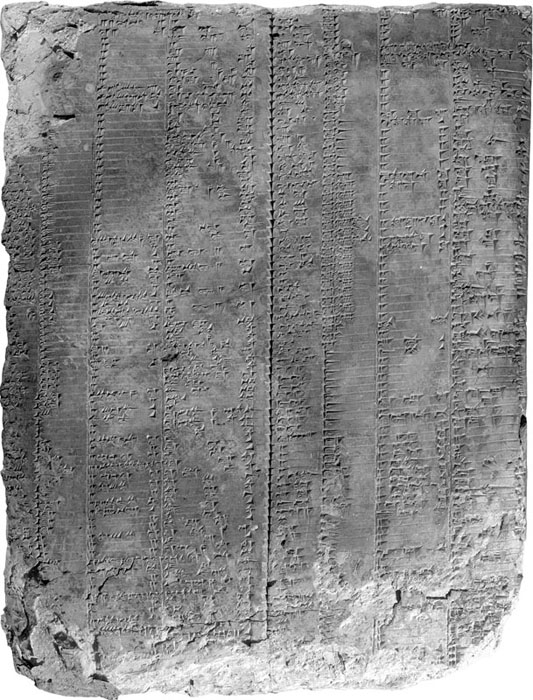
 ) when a piece of information was repeated in successive lines. 21.3 cm high. YBC 2176, Yale Babylonian Collection.
) when a piece of information was repeated in successive lines. 21.3 cm high. YBC 2176, Yale Babylonian Collection.